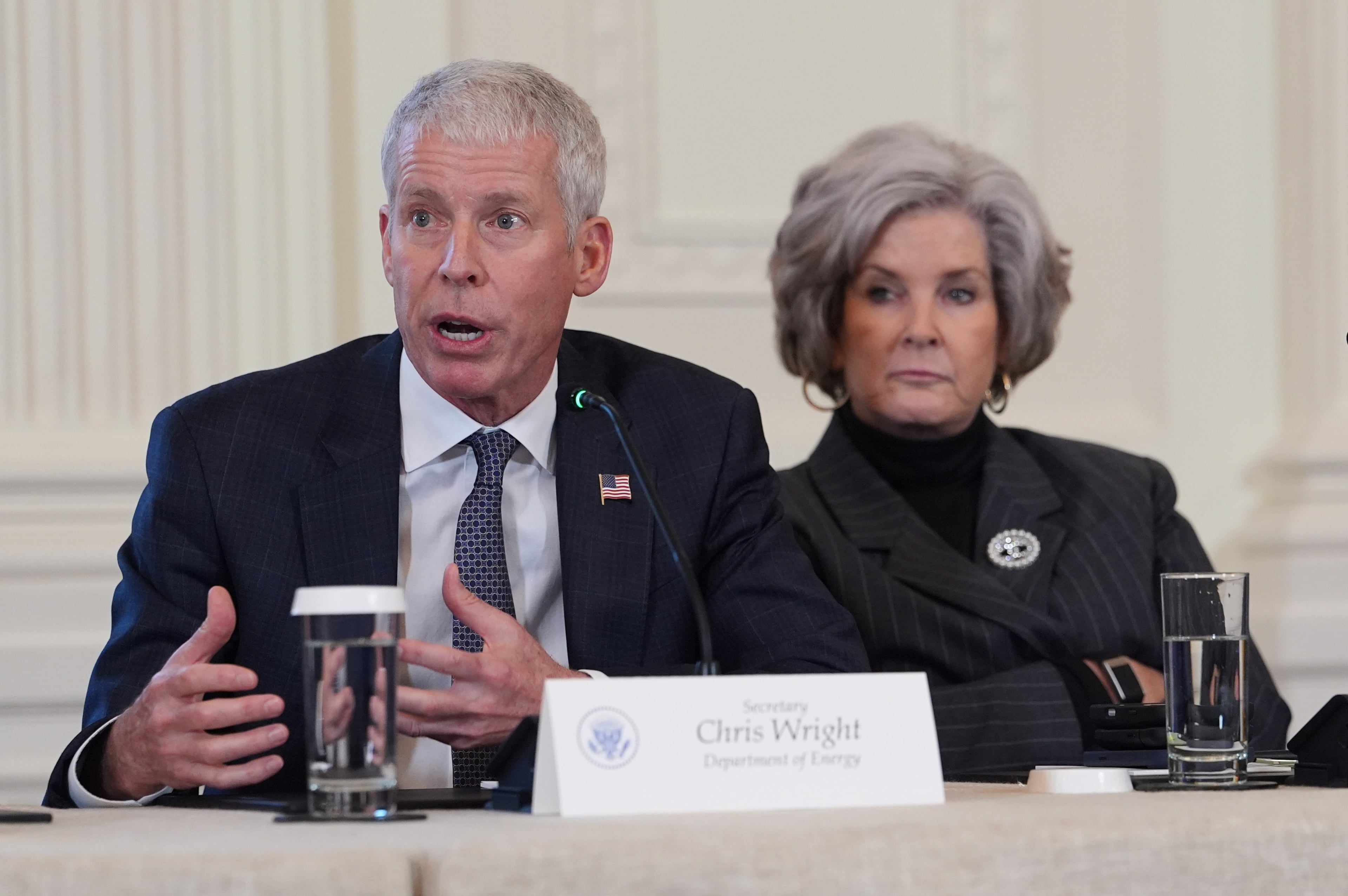As voters choose utility regulators, Georgia can learn from Texas on energy

Early voting started Oct. 14 for Georgians to elect members of the Public Service Commission, the body that decides how our electric grid is run.
If we want an energy system that is affordable, reliable and forward-looking, there’s a surprising place to look for inspiration: Texas.
Georgia looks backward by relying too much on gas and coal
Instead of steering us toward an affordable, modern grid, Georgia’s PSC has chosen to perpetuate fossil fuel reliance — and the price tag is steep.
In July, the PSC unanimously approved Georgia Power’s Integrated Resource Plan, which keeps coal plants near Macon and Cartersville running and greenlights a major expansion of gas-burning capacity — all in the name of supporting data center demand.
This makes little economic sense. Coal power is now more expensive than cleaner alternatives. Nearly 800 coal plants nationwide have retired since 2000, and half of the remaining ones are slated for retirement.
But in Georgia, five of the remaining coal units that were going to be shuttered have now been brought back to life by the PSC. The two other units still operating have never had a planned retirement date set at all. Meanwhile, gas prices continue to be volatile — up one day, down the next.
Georgia Power claims that extending coal plants is needed to keep up with new energy demand from data centers. But critics argue the utility may be overstating future energy needs to justify costly construction and maintenance of fossil fuel infrastructure. This risks saddling ratepayers with higher bills while our air quality suffers.
In short, while the country reduces costs and retires outdated coal plants, Georgia Power is keeping them — and your pocketbook — open.
Lone Star State model values competition over monopoly
Texas has charted a better path. Its grid operator, the Electric Reliability Council of Texas, runs a competitive marketplace where performance — not monopoly control — determines success. Here’s how it works:
- Power producers bid daily on how much they can provide and at what cost.
- ERCOT stacks bids from cheapest to most expensive until demand is met.
- Everyone gets paid the same rate: the cost of the last electron needed.

This system, known as a uniform price auction, rewards efficiency and innovation. Renewables, with free fuel from the sun and wind, can bid low and still profit. Battery storage can connect directly to the grid at generation points. Coal plants rarely make the cut anymore, and gas plants are increasingly pushed aside — not by regulation, but by market forces. As a result, Texas is now the No. 1 state for wind and No. 2 state for utility-scale solar and battery storage in the country, according to the State of Renewable Energy Dashboard.
And there’s proof in the numbers. Just last August, during peak summer heat, we watched as ERCOT met record demand at an average cost of only 2.2 cents per kilowatt-hour — equivalent to buying gasoline for just 15 cents a gallon (3.8 miles per kWh vs. 25 miles per gallon). There were no headlines because nothing happened — reliability just carried the day like any other. And you can watch it all unfold, too — live on ERCOT’s public site.
Four ideas to improve energy policy in Georgia
Georgia doesn’t have to reinvent the wheel.
We could:
- Lower costs by embracing competition and efficiency
- Improve reliability with a diversified mix of wind, solar and battery storage
- Require demand flexibility of data centers and provide off-peak rates for everyone
- Accelerate clean energy adoption — without subsidies or mandates
But that requires political will — and a PSC willing to break from entrenched fossil-fuel interests.
A clearer path forward — and a voter’s call to action
Texas has shown that competitive, market-driven energy policies work. Georgia needs the same bold break — and that starts with the PSC. If not the PSC, then a legislative overhaul of how we provide energy to everyone in Georgia.

In November’s PSC election, vote for candidates who will challenge business-as-usual, not reinforce it. The PSC has allowed fossil fuels to remain central, even as cleaner, cheaper options languish. This election is your chance to demand innovation, accountability and affordability.
Don’t let another term pass with decisions made behind closed doors. Georgia deserves a grid that puts the public — not powerful monopoly utilities — first.
John Duke is a hydrologist and mediocre fisherman. He works for engineering firms needing flood plain technical advice. He has completely electrified his 100-year-old home on the national register in historic College Park.
Drew Reynolds is a social worker, consultant, and environmental advocate. He volunteers with Encounter GA, a faith-based Catholic advocacy organization building relationships with legislators to support climate solutions for Georgia and beyond.

